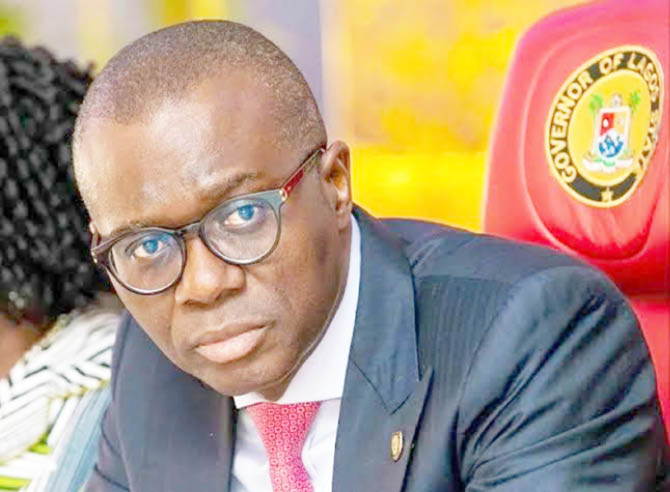AfCFTA: Lekki Deep Sea Port positions Lagos as West Africa’s trade gateway – Sanwo-Olu
Lagos State governor, Babajide Sanwo-Olu, has described the Lekki Deep Sea Port as a strategic component in his administration’s vision to establish Lagos as West Africa’s leading commercial hub. Speaking at the closing ceremony of the 2024 Lagos International Trade Fair, Sanwo-Olu emphasised Lagos State’s commitment to capitalising on the African Continental Free Trade Agreement […]

sanwo olu
Lagos State governor, Babajide Sanwo-Olu, has described the Lekki Deep Sea Port as a strategic component in his administration’s vision to establish Lagos as West Africa’s leading commercial hub.
Speaking at the closing ceremony of the 2024 Lagos International Trade Fair, Sanwo-Olu emphasised Lagos State’s commitment to capitalising on the African Continental Free Trade Agreement (AfCFTA) to boost regional trade.
“Recognising our strategic role within Africa, we have established the Lagos State Technical Working Group on AfCFTA to enable our businesses to benefit from the continent’s trade opportunities.
“Initiatives like the Lekki Deep Sea Port demonstrate our dedication to positioning Lagos as the commercial gateway of West Africa,” Sanwo-Olu said.
- Centre urges African leaders to dismantle colonial structures to combat poverty
- Fuel: Kano residents dump cars, resort to bicycles, electric bikes
The governor highlighted the importance of robust infrastructure for a thriving business environment, noting that his administration has facilitated loans exceeding N9 billion to support over 13,000 Micro, Small, and Medium Enterprises (MSMEs) through the Lagos State Employment Trust Fund (LSETF).
He said MSMEs are the backbone of any economy, adding that Lagos has also invested in training these enterprises in branding, digital marketing, and other essential skills to help them compete globally.
President of the Lagos Chamber of Commerce and Industry, Gabriel Idahosa, applauded the resilience of the participants, who took part in this year’s trade fair despite economic challenges.
He called on federal, state, and local governments to address insecurity, infrastructure deficits, and policy barriers to ease business operations across Nigeria.
“We urge governments to create a more conducive business environment by improving infrastructure, tackling insecurity, and implementing policies to reduce inflation.
“This will enable us to harness the full potential of local and foreign investments, thereby diversifying our economy and improving the welfare of our citizens,” Idahosa said.
